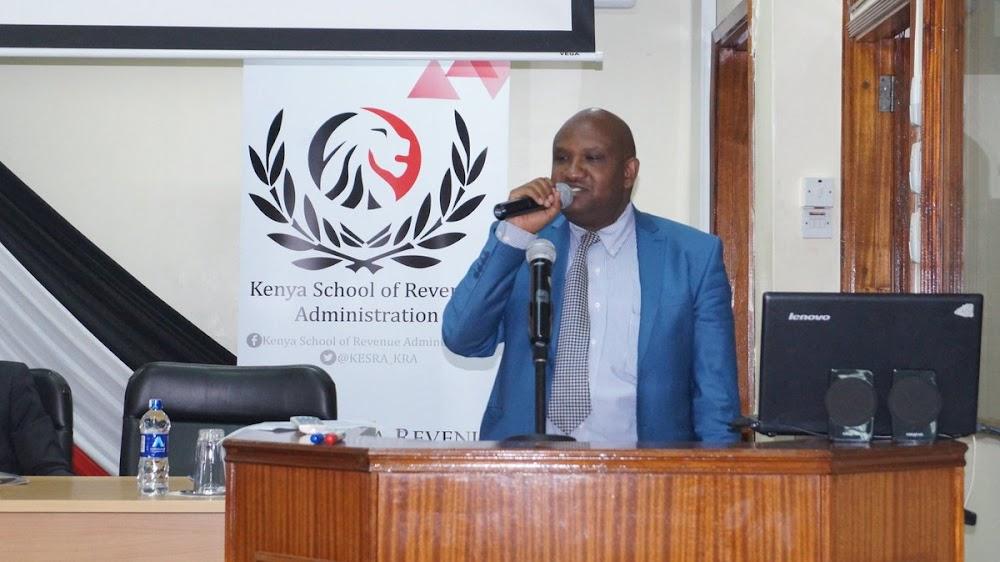Africa-Press – Kenya. KRA has allayed fears on the possible loss of revenue from multinational firms following the signing of a tax framework that will reform international tax rules.
The concerns follows an announcement from the Organisation for Economic Co-operation and Development (OECD) that significant reforms of the international tax system has been finalised.
In the reforms, Multinational Enterprises(MNEs) will be subjected to a minimum 15 per cent tax rate from 2023.
Commissioner General Githii Mburu said Kenya had shared its technical concerns and was party to the ongoing developments spearheaded by the OECD and G20 countries.
“The introduction of the digital service tax in Kenya had helped curb tax avoidance by multinational firms engaged in digital enterprises. With the growing revenues generated from such MNE’s, Kenya will consider the benefits of the inclusive framework cautiously,” said Mburu.
The OECD/G20 inclusive framework on base erosion and profit shifting has agreed on a two-pillar solution to address the tax challenges arising from the digitalisation of the economy.
Mburu said he was actively consulting and had shared a detailed technical proposal with the OECD to ensure a win-win outcome in the ongoing global developments focusing on the taxation of digital sector players.
“Although we have not signed the agreement, Kenya is fully aware of the developments, and we will continue engaging to ensure that we have a win-win outcome,” Mburu said.
Kenya’s position on the framework was supported by several speakers including Panama-based Executive Secretary of the Inter-American Center of Tax Administrations (CIAT), Márcio Verdi.
Nigeria supported Kenya’s position noting that the Inclusive Framework had deviated from the earlier agreed mandate of developing a solution to address tax challenges for the digital economy.
“It was widely held that a multilateral approach would be the most appropriate means of achieving a standard set of coordinated rules,” said Federal Inland Service Nigeria Group Lead, Special Tax Operations Group Mathew Gbonjubola.
Last week, the OECD confirmed that 136 countries and jurisdictions representing more than 90 per cent of global GDP had agreed to the all-inclusive framework.
Following years of intensive negotiations to bring the international tax system into the 21st century, 136 jurisdictions (out of the 140 members of the OECD/G20 Inclusive Framework on BEPS) joined the Statement.
With Estonia, Hungary and Ireland having joined the agreement, it is now supported by all OECD and G20 countries.
Kenya, Nigeria, Pakistan and Sri Lanka are yet to join the agreement.






